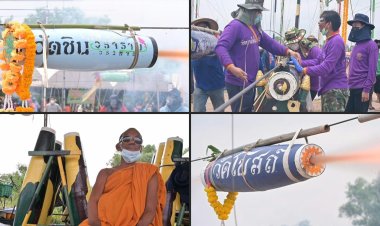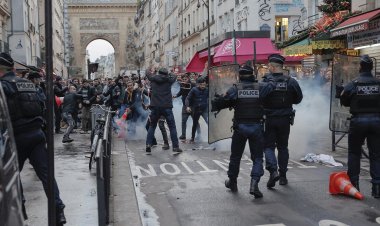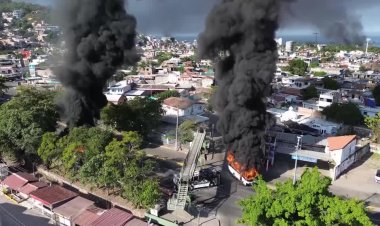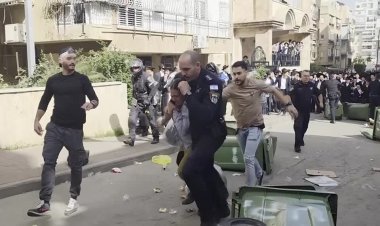Families search for closure after Assad's fall
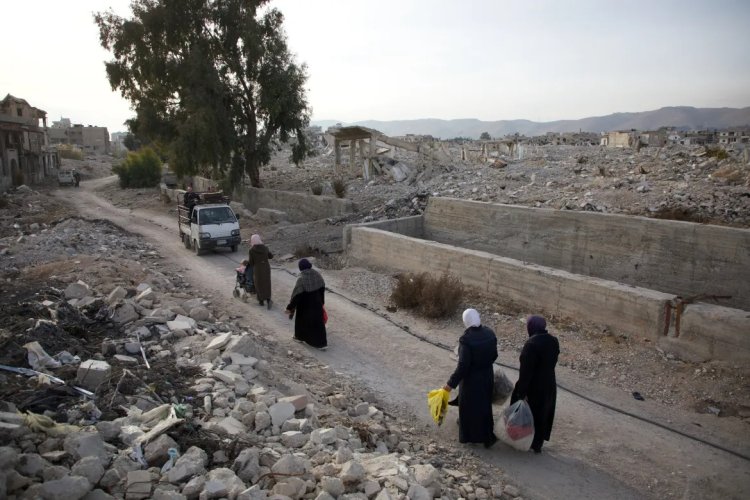
In the wake of the collapse of President Bashar al-Assad’s regime, families across Syria are sifting through the wreckage of years-long conflict, searching for loved ones lost to war, detention, or displacement.
After Assad's ousting in December during a swift rebel advance that ended five decades of family rule, the regime's detention centers opened their gates, spilling thousands of prisoners back into the world.
Tearful reunions filled the streets as detainees long thought dead were reunited with their families.
Yet for some, the nightmare persists.
The collapse of Assad's regime has brought a grim reckoning for families like Al-Naddef’s and Darradji’s, as mass graves are uncovered and prisons are emptied, the nation is haunted by questions of justice and accountability.
For the bereaved, however, the immediate priority is closure.
When finally residents of Jobar, a Damascus suburb, were allowed to enter their town, all they could see was ruins of what was once their vibrant home. They did not even find the graves of their loved ones as the damage erased buildings and the town's cemetery.
Once a famous opposition stronghold during the era of the ousted Syrian president Bashar al-Assad, Jobar residents say it was a forbidden area for them when Assad's government took control of it since 2018.
They were not even allowed to bury their relatives in the town's cemetery.
After December 8, 2024 when Hayat Tahrir al-Sham took control of Syria, Jobar was again open for its residents who got lost amid the wreckage.
Fortunately, the cemetery worker Abu Fahed, still has the good memory to guide Jobar citizens to their families' graves.
Jobar, east of Damascus, was a hot front line in Syria's war for seven years when mortars were launched by rebels causing hundreds of casualties.








